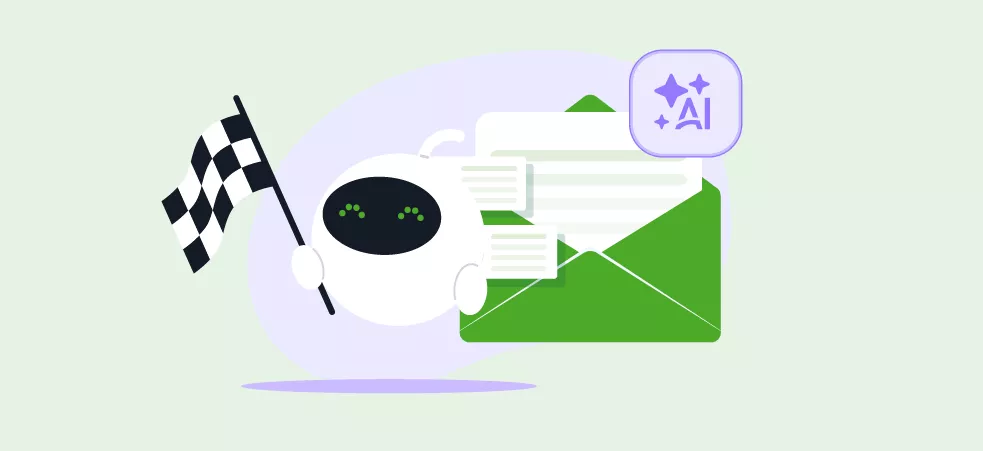The ready-to-use CRM for small businesses and startups.

How Does CRM-Training Benefit the Implementation of Your CRM-Project?
When you are about to start implementing a CRM-project in your company, many questions need to be answered.
- What is the financial impact?
- What is the impact on my employees?
- How much time do I need to foresee?
- What about CRM-training for my employees?
Dave van der Heijden, trainer at efficy CRM has some answers, options and ideas for you how CRM-training benefit the implementation of your CRM-project.
Work strategically with a clear focus on CRM-training.
CRM-training takes time and requires effort from both the employees and yourself as manager. A strategic plan is a must to succeed in training your employees and make sure you get the best return on investment of your CRM-system.
It’s not necessary to involve every employee in the early stage of the implementation. My suggestion is to assemble a team with employees from different departments that are, preferably, voluntary be pulling the cart. I call this ‘the project team’. This team will be involved from the start implementing the CRM-system in the company when everyone else can focus on their daily tasks. This will benefit you in different ways:
- The project team will be able to test the system much more efficiently.
- The project team will be able to change the system to your needs in an early stage.
- The project team will be ready for any questions the end-users will have after going live.
Let’s dig a bit deeper in these three benefits, which are basically a framework to a strategic CRM-training plan.
Start with the essentials.
First of all, you need to train your project team with the essentials of the new CRM-system and depending on your company, also the modules that are specific for their department, before going live. In this way your project team will know what the new CRM-system is about and will also be able to discuss possible changes that need to be done in order to be compliant with company procedures or custom development of the CRM-system if needed.
Appoint application managers.
It’s advised to have a at least two Application Managers within your project team. Mostly, a good CRM-system is designed to allow you to configure the system to your needs. For example, the ability to change which information is shown on the screen of the user(s), or to make changes in the security settings, or the ability to add new fields. You can even decide to train these Application Managers before the test phase in order that they can be handled by you Application Managers directly, when any changes are needed.
It’s not mandatory. You can also train your Application Managers during the test phase of the CRM-project, which allows you to implement changes before all the other employees go live. The last, least favourable, option would be to train the Application Managers (shortly) after going live, but that would take away the benefits for the company, the users and user experience. Not to mention the stress on the Application Managers right after going live, because the users will most likely have needs for change.
Don’t rush the test phase.
So… you decided to train the project team and the Application Managers during the test phase of the project… Great!
During the test phase you need to book enough time for your project team to test and also to suggest possible changes that need to be done before going live. Also keep in mind that after the CRM-system has been adapted to your needs there will be more testing needed.
At some point during testing you will get a feeling ‘we are almost there’. This will be the time to start planning the ‘go live’ and the end user’s training sessions.
CRM-training for all users is the key.
All users, including the project team, should get the essentials training. This will make sure that information, feedback and thoughts given by the employees (the ‘end-users’), are known by members of the project team. Because they are already trained in the early stage of the implementation of the CRM-system, the project team might already be able to give answers right on the spot about company specific procedures within the CRM-system. During the end-user training sessions, the trainer has got information for the end users that are tailor made specifically for the company’s CRM-system: ‘a CRM-system can do a lot, but this is how we are going to use it’.
Depending on the size of your company, departments and scope of your CRM-project, you might need to train employees for specific modules too. For example, if you are providing your customers with support from your support department, you will need to train your support department using the training for the ‘support/helpdesk module’. Or, if you have a marketing department that sends out newsletters, you will need to train them using the ‘marketing module’.
CRM-training, an ongoing process.
And when all training sessions are done… Enjoy your new effective and efficient CRM system!
CRM-training benefits the implementation of your CRM-project, but you regularly need to do a refresh training or train new employees, but most of the time that will be based on your needs and might be done by your Application Managers if they feel comfortable in giving training.
Learn more:




